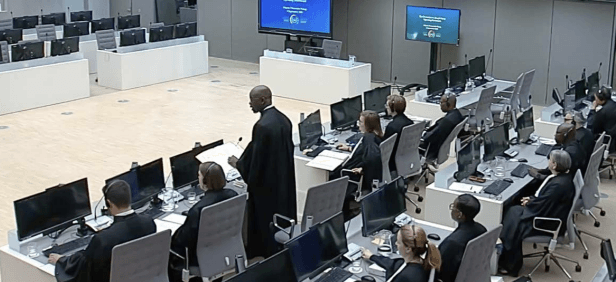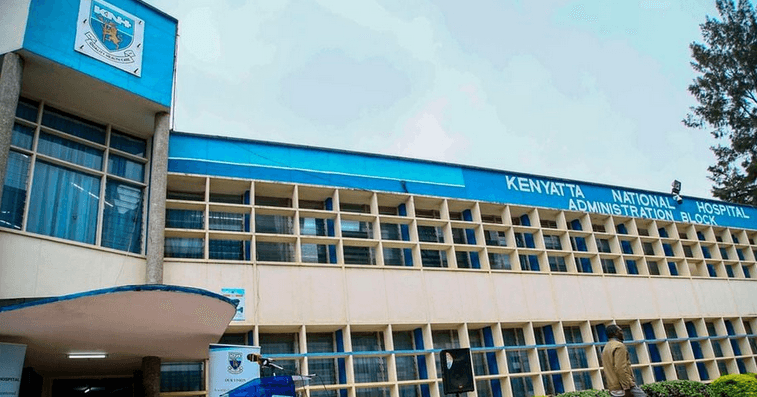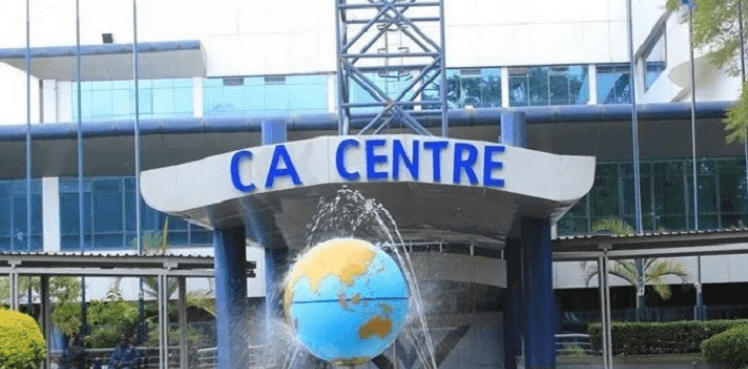The government and other security agents must change their strategy if the war against terror is to be won, Northeastern Regional Commissioner John Otieno has said.
He said terrorist groups have changed their mode of operation and are now involved in targeted attacks, which are intelligence led.
He spoke at a Garissa hotel on Tuesday during a workshop to review the National Strategy to Counter Violence Extremism policy document.
The document was developed by the National Counter Terrorism Centre in 2016.
Otieno said there is need to further develop the document for future use since it has served the country well.
The administrator said violent extremism has paralysed the operations of essential services like schools, health, roads and even businesses.
“Al-Shabaab has changed its strategy of engagement. These attacks are intelligence led attacks aimed at our security personnel, government workers, teachers and even civilians,” Otieno said.
“And for such attacks to happen they must have had credible information from security personnel civilians on the movement of our officers."
Northeastern has witnessed a series of attacks orchestrated by the al Shabaab militants.
Several police officers, police reservists and civilians have lost their lives.
Communication masts for mobile telephone operators have also been blown away.
The government with the help of other stakeholders has held a series of meetings to counter the effects of violent extremism on development projects.
Otieno said the government cannot afford to lag behind the terror group in terms of intelligence gathering.
The regional commissioner thanked area residents for providing credible information that has helped security agents to prevent attacks.
He urged those working with al Shabaab to change and work with the government.
"War on terror requires both soft and hard approach. The hard approach is the security approach while the soft approach is bringing on board religious leaders, political leaders, youth and civil society groups to preach the message of de-radicalisation," Otieno said.
He said the government has to look at the factors and drivers of radicalisation in order to address them.
“The government is committed in ensuring that there is peace and security in the region and in any other part of this country. This can only be done if we work together with all actors," Otieno said.
NCTC official Njega Miiri said that the media plays a critical role in countering violent extremism by propagating the messages that preach and security to the citizenry.
Miiri said NCTC is looking for collaboration from different sectors in countering violent extremism among the youth.
“We implore the media to reach the out to the people with the correct messages and information. The enemy will always try to propagate a lot information and disinformation and half-truths,” he said.
“On our part we need to collaborate and partner so that our communities out there can get the correct information,” he said.
The meeting was attended by county security teams from Garissa, Wajir, Mandera, Tana River, Kitui and Garissa counties.
This is in addition to youth, women, religious leaders, civil society and officials from the various county governments.
It was supported by The Global Community Engagement and Resilience Fund in partnership with The National Counterterrorism Center and Act Change Transform.
.












